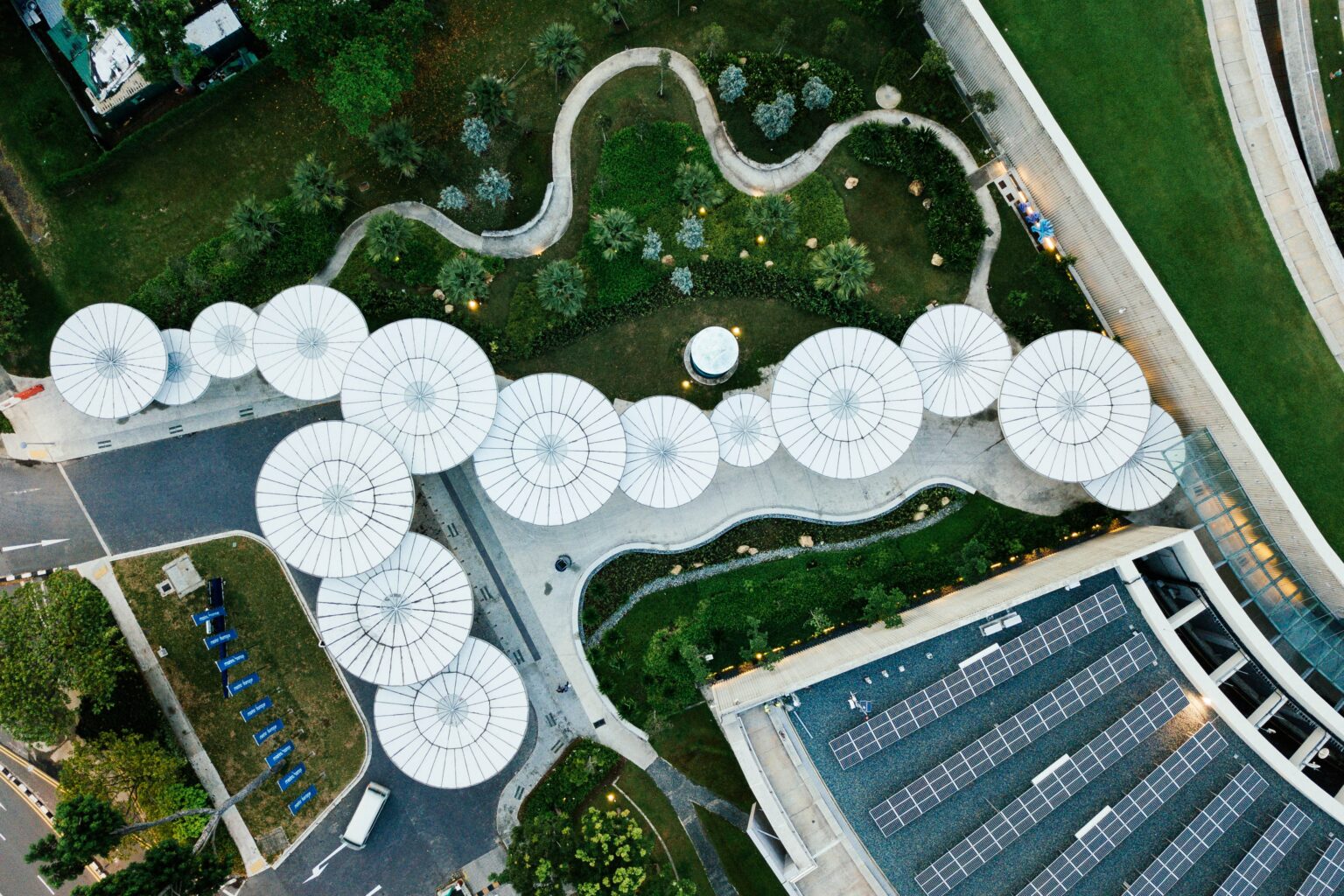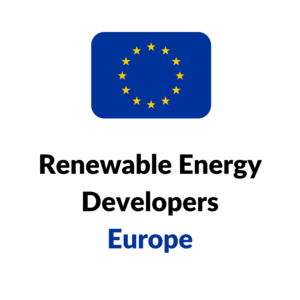Battery storage projects have undergone considerable growth in recent years, in 2019 the industry was estimated to have grown 57% year on year and will continue to do so as the globe undergoes a large-scale energy transition. In 2020, it was predicted that up to 7.2GW of residential battery projects will be constructed by 2024. As the volume of wind and energy production increases it is evident more battery projects are required to ensure the effective integration of the energy into the grid. Thus, requires innovative solutions to efficiently co-develop solar and storage projects to direct energy produced to be stored or used directly.
1) RWE (Germany)
The German energy giant has trialed numerous innovative approaches to storage solutions, such as their solar plus storage project which will replace an opencast lignite mine in Duren, Germany. RWE announced plans to develop their first hybrid solar and battery in April 2022, with an installed PV capacity of 14.4MW and 5MW storage. The solar plus storage project is part of the 500MW renewable pipeline for the Rhenish mine which is due to close in 2029 to meet national climate targets. 200MW of the pipeline will consist of a wind farm that has already begun construction. The battery project will consist of DC-coupled lithium-ion batteries. The German group has attempted several approaches to battery technologies, even trialing previously used lithium-ion batteries from Audi’s electric cars. The batteries were used at their 4.5MW hydro plant at the Hengsteysee reservoir in northwest Germany. The batteries could be used for up to 10 years and offer a low-cost alternative, as RWE aims to preserve the use of new high-voltage batteries.
2) Wartsila (Finland)
In December 2021, the Finnish technology provider announced they would be supplying lithium iron phosphate batteries to Dutch developer, GIGA Storage for their 48MW storage project in central Netherlands. The project is due to become fully operational in October 2022 and will be Europe’s first large-scale storage project to use lithium iron phosphate technology in its batteries. Lithium iron phosphate technology has several advantages due to the decreased risk of overheating and reduced natural resources used in production.
3) Iberdrola (Spain)
The Spanish energy group have been active in the Irish battery market with an investment of €28m on battery and solar projects located in Meath, Ireland. The 50MW battery storage system is the largest the company has developed and will support the stability and reliability of the grid connection. The project consists of over 4000 battery modules and 16 battery containers and represents a cornerstone in Ireland’s goal to halve carbon emissions by the end of the decade. Iberdrola aims to continue its battery expansion in Ireland by doubling its capacity in Barnesmore to 100MW using the same Gorman battery and storage system.
Image Source Unsplash 27.07.2022





